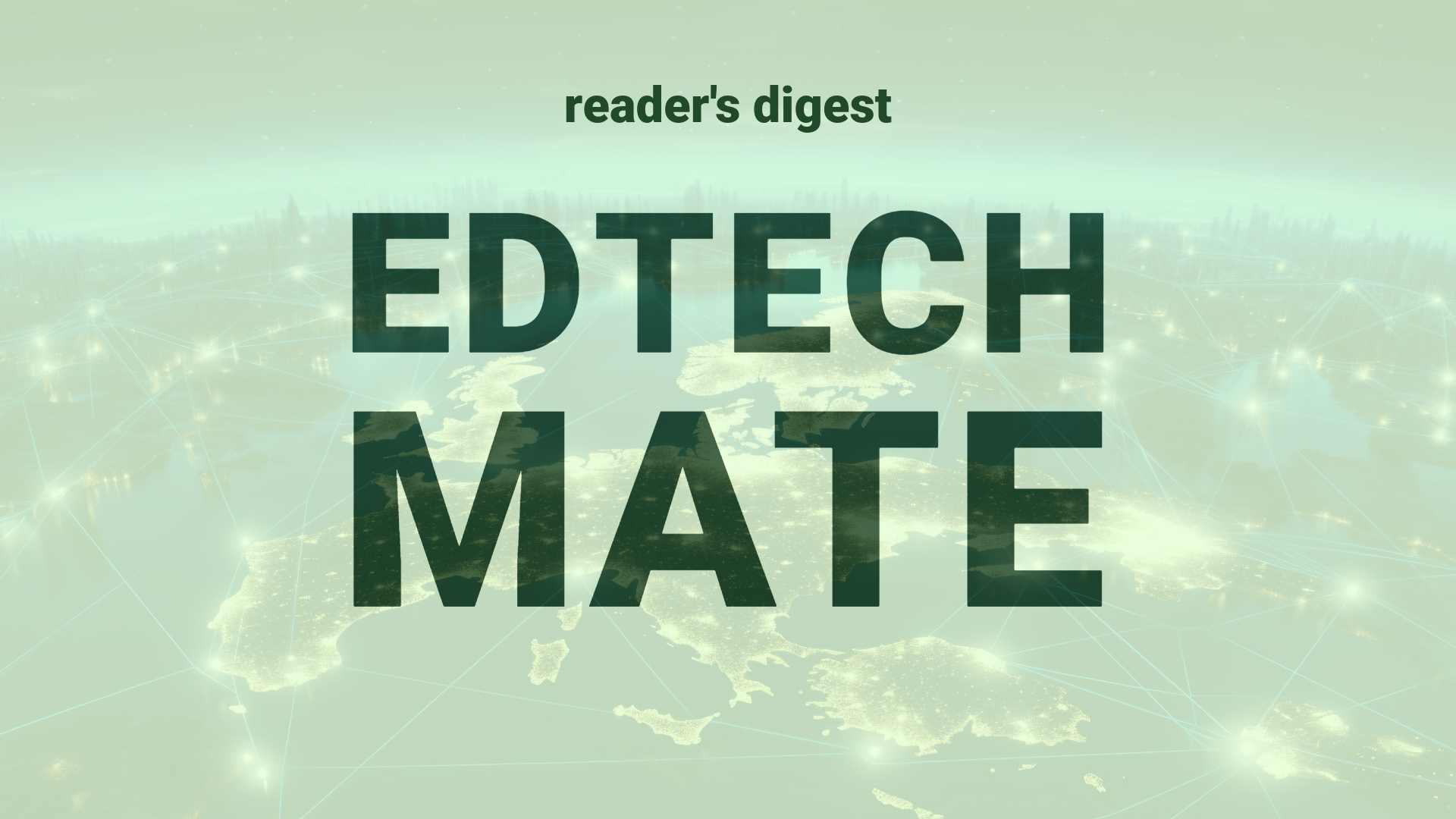Executive Summary and Main Points
PricewaterhouseCoopers (PwC) has established a significant agreement with OpenAI, becoming the organization’s pioneering resale partner and its most extensive enterprise client to date. This strategic partnership entails that PwC’s personnel and clientele in the US and UK will have access to advanced generative AI tools, including the new ChatGPT-4 model and other voice and image capabilities. The move aligns with PwC’s intent to invest $1 billion over three years in AI capabilities expansion, marking a notable shift towards AI digital transformation in global business services, combining audit, tax, and consulting underpinned by cutting-edge AI applications.
Potential Impact in the Education Sector
The collaboration between PwC and OpenAI could impel significant progress in Further Education and Higher Education, endorsing the integration of AI in curricula and administrative processes. Educators could leverage AI for personalized learning, complex research analysis, and efficient operational management. Moreover, the trend could amplify the value of Micro-credentials, encouraging universities to form strategic partnerships to provide AI-empowered upskilling and reskilling programs. PwC’s large-scale AI adoption demonstrates the transformative potential digitalization holds for the education sector, suggesting a future where institutions may similarly align with AI innovators to enhance educational delivery.
Potential Applicability in the Education Sector
Applications drawn from this agreement could see AI-based tools like ChatGPT being incorporated into the learning experience, aiding in research, generating learning materials, and offering tailored tutorship. Digital tools can be employed for admissions analytics, predictive modeling for student success, and AI-driven career advice services. The education sector globally may look to such partnerships as a template for enhancing their own digital ecosystems, reinforcing the role of AI in creating more adaptive, responsive, and engaging educational environments.
Criticism and Potential Shortfalls
Despite the evident benefits, criticisms of such widespread AI implementation include concerns over job displacement, data privacy, and loss of human touch in personal services. There could be cultural resistance within educational institutions, wary of AI’s impact on traditional teaching methodologies. Ethical considerations about AI bias and the authenticity of work generated by AI systems in academic settings also persist. Comparative international case studies reveal varying readiness and acceptance levels for AI adoption, with some education systems showing reticence due to ethical, cultural, or resource-related concerns.
Actionable Recommendations
To constructively integrate these technological advancements, international education leadership could start with pilot programs to embed AI tools in specific courses or administrative functions. Strategic planning should focus on forming alliances with AI firms, akin to PwC’s OpenAI deal, to gain firsthand experience with these technologies. Additionally, ongoing professional development for educators, aimed at utilizing AI tools, could ensure a smooth transition while preserving academic integrity and addressing ethical considerations. Finally, investments in infrastructure and policies that secure data privacy and promote an inclusive, culturally sensitive approach to AI in education are essential.
Source article: https://www.cnbc.com/2024/05/29/pwc-to-become-openais-first-reseller-and-largest-enterprise-user.html

